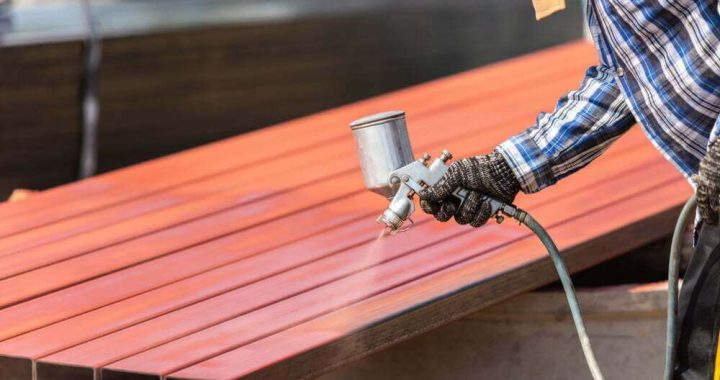Process Heating: Electric Heaters in Industrial Applications
3 min readLast Updated on September 20, 2021 by Aaron Thompson
Numerous businesses use heat for manufacturing measures. Whether the application includes eliminating remaining dampness on the surface of a section, drying a covering on link congregations, or preheating metals during a framing cycle, heating is one of the driving parts. End-clients should choose what they plan to escape their cycle when picking warming innovation. Realizing how to figure out which innovation is proper for the interaction can be overwhelming.
Before component ordering can take place, must identify manufacturing process requirements. It use to helps assuring the appropriate heating equipment is for the application. Items such as maintenance, safety, and repeatable controls should consider when selecting heating equipment.
What is an industrial heater?
An industrial heater, also called an electrical fan heater, an electrical heater, a forced-air heater or an electrical blower, is a unit that provides high-speed hot air for raising the indoor temperature. They are fundamentally used in industrial settings and come with various uses, including drying the goods, melting the lubrication oils before using on the machines, welding, shrinking jobs, and many more. In addition, they can be used to keep the work area cool during the summer months, which helps to prevent sudden heat exhaustion that can occur if the work area is left uncomfortably hot. These units also use a thermostat to regulate the temperature inside the building to have a constant flow of hot air. The type of heater you choose should depend on the kind of work you need it for, its expected life, and its suitability for your work environment.
How Do Industrial Electric Heaters Work?
All types of industrial electric heaters produce heat energy by converting electrical energy. Considerably different materials are used to convey this heat. Process heaters that use convection shift heat by fluid movement. As the gas or liquid heats up, it is produced by both forced or free convection. Forced convection works on external force to shoot up the flow speed of the material transfer, typically with a fan or stirring arms—free convection dominates the natural movement of hot and cold materials to generate motion.
Electric Heaters application in process heating
Use of electric Heating to Reduce Viscosity
In many process heating applications, explicit temperatures should be kept up with, and heating unrefined petroleum and its subordinates are only something very similar. Overheating the unrefined petroleum can debase or even annihilate item quality. Viable temperature control is expect to abstain from overheating or consuming the oil while heating it to decrease thickness.
Regularly, roundabout heating is utilize for such purposes. The heaters move heat to a medium that is utilize in warm the oil. The oil is to ensure consistency and check that it doesn’t become overheated.
Electric heaters in kilns and dryers
As electric heaters are becoming increasingly popular, there is an increasing number of people wondering how the kiln or dryer works. If you are considering purchasing an electric heater, you should know how they work and what types are available. The two main types of industrial heaters are gas and electric. Both have their pros and cons, but it will be down to your needs which one you will be most comfortable with. The most common electric heater is a warm air heater which is basically a fan that blows air over the dryer or kiln so that it warms up and begins to heat.
Kilns and dryers mainly use for domestic heating purposes and are much more common than they use in the past. The invention of electric heaters has made life much easier for the homeowner. You can pluck from a variety of designs, depending on your personal preference. The electric heaters are portable, making them ideal for the homeowner who likes to change the style of their home from time to time. Electric heaters in kilns and dryers are extremely affordable. They are environmentally friendly also, which means that you won’t have to worry about harmful chemicals being used when you purchase one of these electrical items.
Takeaway
Before picking an industrial heating application for your process, however, it is vital that you take into account the scale of your works and how that will affect the performance of these heaters.





